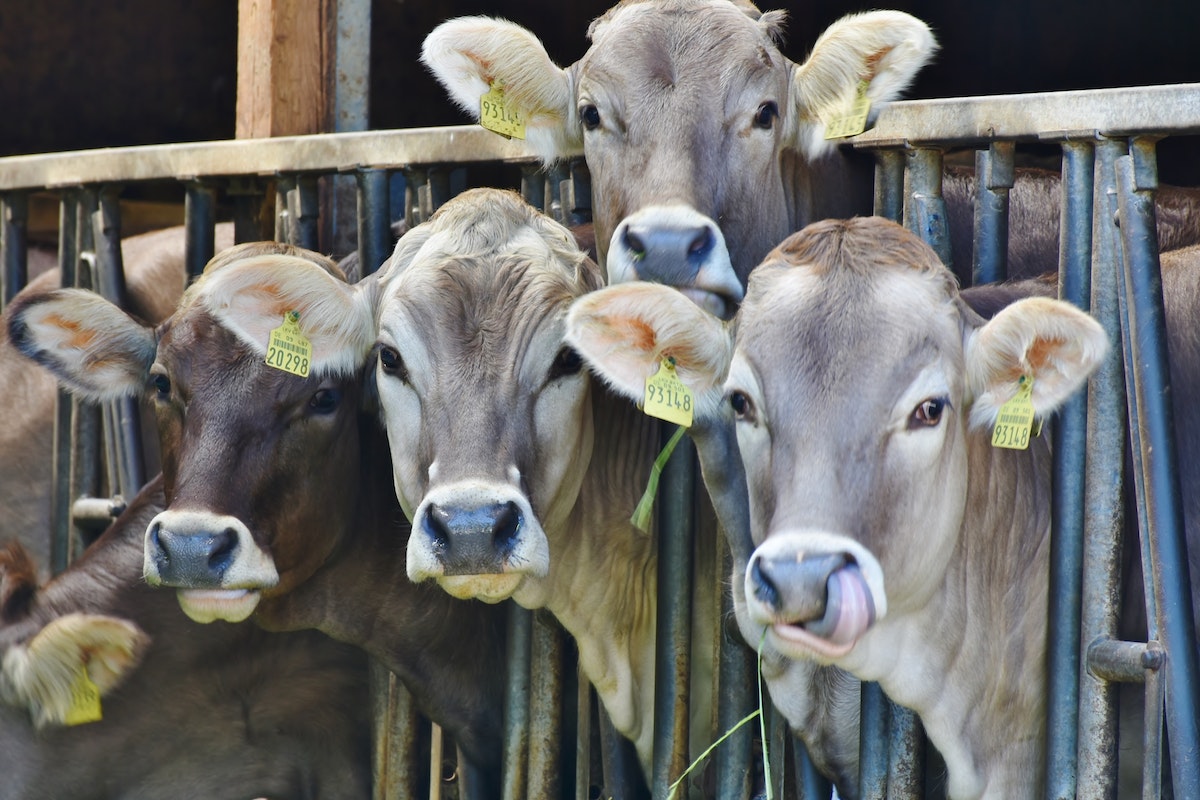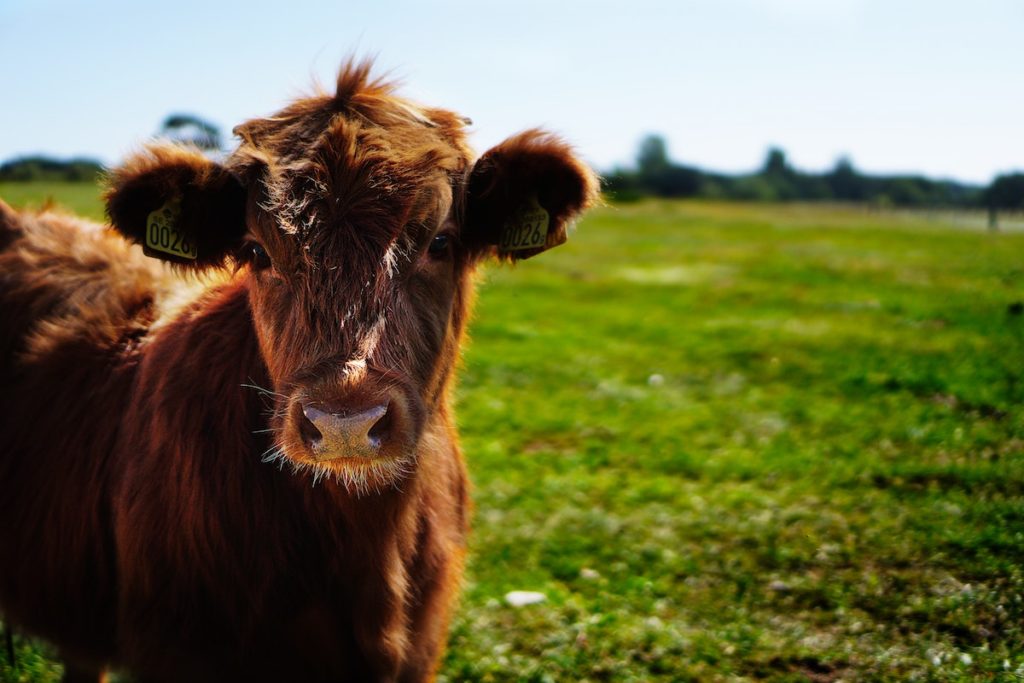Raising beef cattle can be a fun way to get involved in the agriculture industry. It can also be a rewarding experience to see your cattle grow and thrive. However, remember that raising healthy beef cattle requires knowledge and dedication. It’s not like raising chickens where you can just let them free range and hope for the best.
There are many things to consider when raising healthy and happy cattle. What kind of feed should you give them? How often should they be vaccinated? What is the best way to prevent disease? The following can help you get started with responsible beef cattle management practices:
Have a Secure and Well-Maintained Fence
Cattle need to have enough space where they can roam and graze. They should also have a secure fence preventing them from getting out and into other people’s property.
Your fence doesn’t have to be fancy or expensive. But, it does need to be strong enough to keep your cattle in and predators or other animals out. Invest in a secure and well-maintained fence tall enough to prevent the cattle from jumping over it and free of gaps or holes that the cattle could get stuck in.
Buy Healthy Breeding Stock
The first step to raising healthy beef cattle is to start with healthy breeding stock. It’s crucial to buy your cattle from a reputable source, such as a breeder or livestock dealer that offers health guarantees. This will help ensure that your cattle are free from diseases and genetic defects.
For instance, you are in the market for Charolais bulls. You must find a reputable livestock dealer or breeder offering registered Charolais bulls for sale. The right one knows the importance of healthy breeding stock and can offer you the best structurally correct bulls free from genetic defects.
A good breeder or livestock dealer can also give information on the bull’s ancestors, such as their birth dates, registration numbers, and any previously reported health problems. Find one that specializes in breeding your choice of the breed to get the best results.
Know Your Cattle’s Nutritional Needs
One of the best ways to ensure your cattle are healthy is to understand their nutritional needs and meet them. A healthy beef cattle diet includes proper energy, protein, minerals, and vitamins. The type and amount of feed your cattle need will depend on their stage of life and production.
For example, growing calves need more energy and protein than mature cows that are not pregnant or nursing. Likewise, pregnant and nursing cows need more energy, protein, minerals, and vitamins than non-pregnant cows.
To meet your beef cattle’s nutritional needs, you’ll need to provide them with a balanced diet of hay, grain, and forage. You may also need to supplement their diet with minerals and vitamins, especially if they are not getting enough from the grasses they are grazing on.
A good rule of thumb is to give your cattle 1 to 2% of their body weight in hay or green forage each day. They should get 0.5 to 1% of their weight for grain. You can also talk to your veterinarian or a cattle nutritionist to learn more about your beef cattle’s specific nutritional needs.

Protect Them Against Diseases and Parasites
Just like humans, cattle need vaccinations against various diseases. This will help ensure that they stay healthy and don’t get sick. Calves can start getting vaccinations when they are between 6 and 8 months old.
Some of the most common vaccinations for beef cattle include those for blackleg, brucellosis, and coronavirus. However, you should talk to your veterinarian about the best vaccination schedule for your cattle.
In addition to vaccinations, you should also practice good biosecurity on your farm or ranch. This means preventing the spread of diseases, such as not allowing strangers to contact your cattle and cleaning and disinfecting anything that comes into contact with them.
You should also quarantine any new animals that come onto your property for at least 30 days before letting them mix with your other cattle. This will help ensure that any diseases they may carry don’t spread to your healthy animals.
Don’t forget to keep parasites under control and practice good sanitation and deworming practices. This means regularly removing manure from grazing areas and deworming your cattle every few months with an ivomec pour-on solution or similar product.
Provide a Clean and Fresh Water Supply
Your cattle need a clean and fresh water supply. If possible, you should have more than one water source so that they can choose where they want to drink from. This is especially vital in hot weather when they need to drink more often to stay hydrated.
You also need to make sure that the water is clean and fresh. Cattle can get sick if they drink contaminated water. To keep the water clean, you should regularly check the troughs or other containers and remove any algae, dirt, or debris. You should also change the water completely every few days.
In general, cattle require approximately 1 gallon of water per 100 pounds of body weight during the winter and roughly 2 gallons per hundred pounds of body weight throughout the summer. During lactation, dairy cows may need up to twice as much water as non-lactating cows.
Keep Them Stress-free
Even animals can get stressed out too. When cattle are stressed, they are more likely to get sick. To help keep them stress-free, make sure you have a comfortable and safe environment for them. This means having enough space for them to move around freely and being able to access shelter when they need it.
You should also handle them calmly and gently. This will help them trust you and feel comfortable around you. When your cattle feel comfortable, they are less likely to feel stressed.
Don’t forget about placing them with a consistent routine. Cattle are creatures of habit and do their best when they know what to expect. This means feeding them and letting them out to graze at the same time each day.
Raising healthy beef cattle requires diligence and care. However, by following these six best practices, you can rest assured that your herd will be healthy and happy. You are also more likely to reap the benefits in the form of high-quality beef.

